The Frankfurt Agent-based Workshop
June 15, 2018, Room S3.02 at FS Campus
This workshop is free of charge.
Agent-based modeling is thriving in philosophy and the social sciences, where it is used to study the mechanisms of emergent behavior involving groups of individuals, such as how adaptive and maladaptive norms emerge, how language is adopted, and how consensus is reached. Opinion dynamics, which includes the study of the conditions under which a group consensus can form, is the focus of the 2018 Frankfurt Agent-based Modeling Workshop. This one-day workshop will feature new research in opinion dynamics from some of the world’s leading scientists in the field.
Programme
| Time | Speaker | Topic |
|---|---|---|
| 09:00 - 09:15 |
Gregory Wheeler Professor of Philosophy and Computer Science at Frankfurt School of Finance & Management |
Opening words |
| 09:15 – 10:15 |
Rainer Hegselmann Professor of Philosophy at Frankfurt School of Finance & Management |
"The bounded confidence model – Complexity by one parameter" |
| 10:15 - 10:30 | Coffee break | |
| 10:30 - 11:30 |
Conor Mayo-Wilson Assistant Professor of Philosophy at University of Washington |
"Are academic collaboration networks rational?” |
| 11:30 - 12:30 |
Markus Krause Senior Research Scientist at Telefónica Alpha in Barcelona |
“Mooqita: Bridging the Gap between Online Education and Work” |
| 12:30 - 14:00 | Lunch | |
| 14:00 - 15:00 |
Igor Douven Professor of Philosophy at Sorbonne University (Paris) |
"The ecological rationality of explanatory reasoning." |
| 15:00 - 16:00 |
Ulrich Krause Professor Emeritus of Mathematics and Computer Science at University of Bremen |
"Exploring Data: The Idea of a Macroscope." |
| 16:15 - 17:15 |
Marko Tesic PhD student in Psychology at Birkbeck, University of London & Gregory Wheeler Professor of Philosophy and Computer Science at Frankfurt School of Finance and Management |
“Boundedly confident chameleons: opinion dynamics of memoryless and maximally self-effacing agents in the context of the bounded confidence model” |
| Starting time around 18:30 | Speakers’ Dinner at Ariston | at Heiligkreuzgasse 29, 60313 Frankfurt am Main |
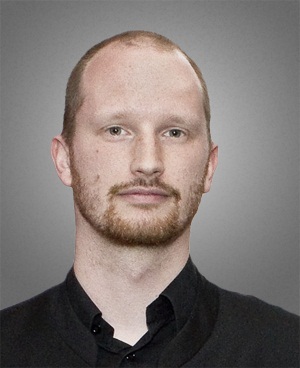
Markus Krause
Markus Krause is a Senior Research Scientist at Telefonia Alpha in Barcelona and the Principal Investigator of the Mooqita project at the ICIS at UC Berkeley. He also worked as a professional game designer and art-director. His research investigates the intersection of human and machine intelligence. His Mooqita project uses natural language processing and machine learning to connect students in online education with job opportunities.
Marko Tesic
I am a Ph.D. student in Psychology at the Department of Psychological Sciences, Birkbeck, University of London. Previously, I have received an M.A. degree in Logic and Philosophy of Science from the Munich Centre for Mathematical Philosophy, Ludwig-Maximilians-Universität, Munich, Germany, where I worked on building and exploring agent-based models in the context of social epistemology. In particular, I worked with Gregory Wheeler on extending Hegselmann and Krause’s well-known bounded confidence model of opinion dynamics.
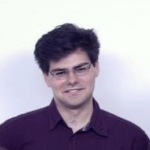

Ulrich Krause
Ulrich Krause is professor emeritus at the Department of Mathematics and Computer Science at the Universität Bremen. He holds a PhD. in mathematics and a PhD. in economics. His main field of interest are positive dynamical systems, including applications to biology and economics. He has written books on mathematics and on economics, as well as numerous articles within these fields, including articles on algebraic number theory, opinion dynamics, decision theory, social choice. His most recent book is „Positive dynamical systems in discrete time“, De Gruyter, Berlin, 2015.
Igor Douven
Igor Douven is a CNRS Research Professor at Sorbonne University (Paris). He works mainly in cognitive science, on a variety of topics, including conditionals, conceptual spaces, and explanatory reasoning. Previously, he worked in philosophy, where his research concerned among other things, the nature of assertion, the scientific realism debate, and probabilistic measures of coherence.
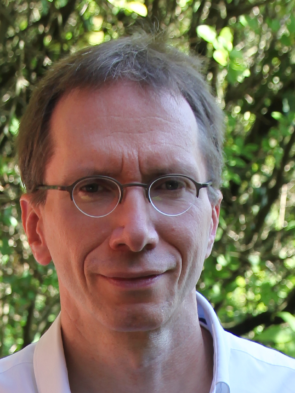
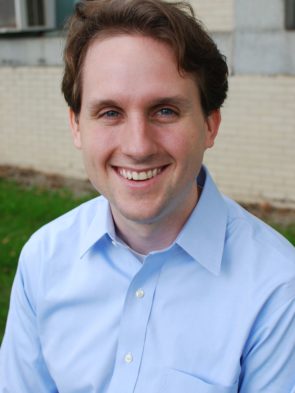
Conor Mayo-Wilson
Conor Mayo-Wilson is an assistant professor of philosophy at the University of Washington. He studies philosophy of statistics and agent-based models of scientific communities.
Abstract: In 2005, Ioannidis proved that, under plausible assumptions about contemporary research in medicine and the social sciences, "most published research findings are false." Subsequent empirical findings have shown that many empirical studies (in disciplines ranging from psychology to oncology) cannot be reproduced. Many scholars argue this so-called "replication crisis" is a result of perverse incentives in science that reward scientists for publication rather than for formulating and justifying important hypotheses. Consequently, many scholars propose changing incentive schemes in professional science. Nonetheless, there are almost no existing models that investigate how changing scientists' incentives might address the replication crisis. In this talk, I explain why the lack of modeling is dangerous and I suggest some ways forward.
Rainer Hegselmann
Rainer Hegselmann is one of the early pioneers of agent based modelling and simulation. Sixteen years ago, together with Ulrich Krause, he presented and analysed the bounded confidence model (today also known as the Hegselmann-Krause model).
The model is deceptively simple. Basically it is driven by just one parameter. But, nevertheless, it is a hard task to really understand the model. Additionally, it has many extensions, and lots of interpretations. In his talk Hegselmann will focus on some open questions as to the very basics of the model. And he will present an application of the model on problems of radicalisation and polarisation.
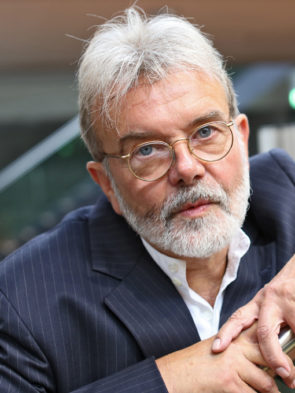
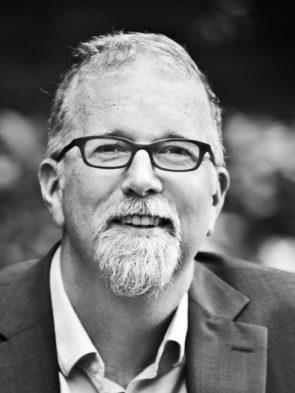
Gregory Wheeler
Gregory Wheeler is professor of philosophy and computer science at the Frankfurt School and Director of the Centre for Human and Machine Intelligence. Much of his work focuses on the foundations of probability and its applications in the computational social sciences, machine learning, and the decision sciences.
